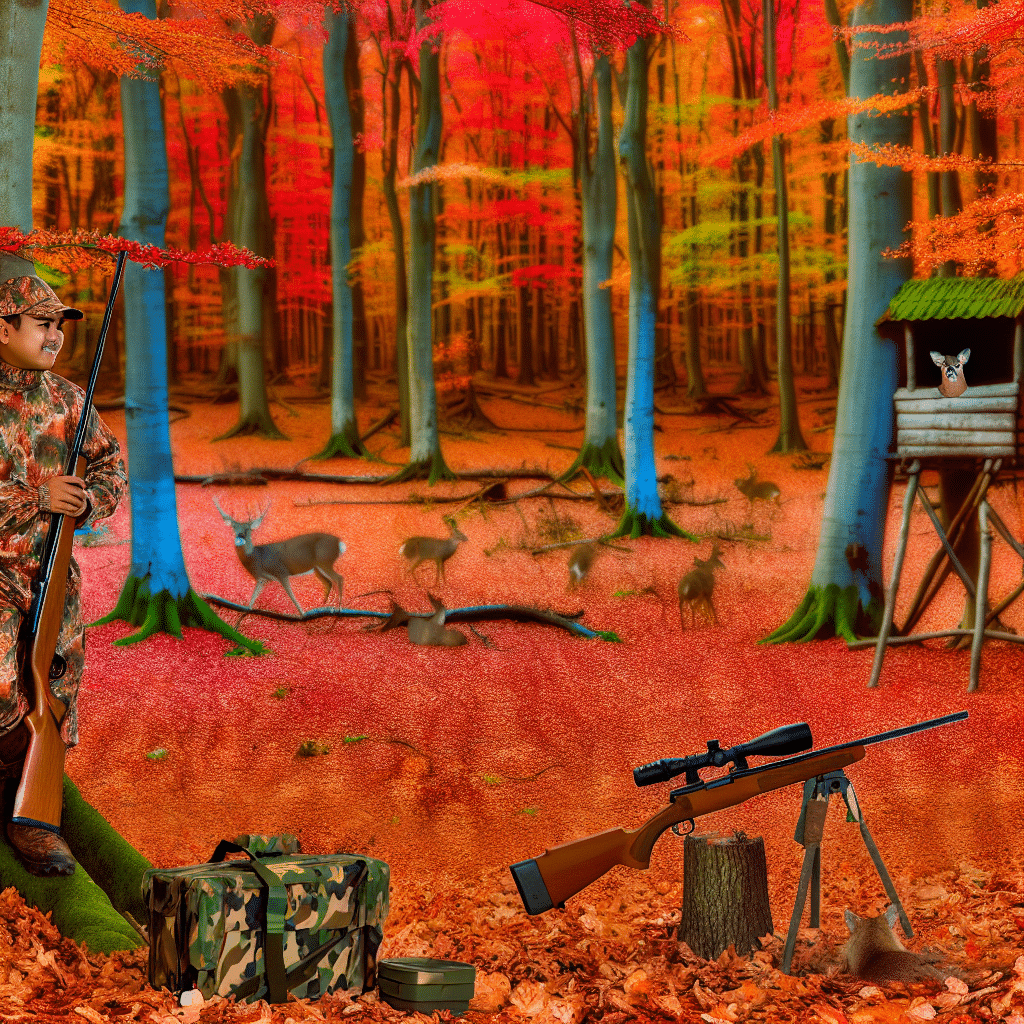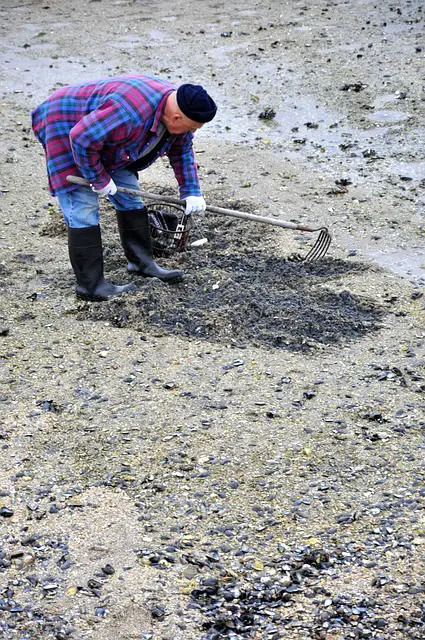Understanding the Basics: When Does Hunting Season Start?
Hunting season is an eagerly anticipated time of year for enthusiasts around the world. It’s a period when hunters and outdoor aficionados prepare their gear and immerse themselves in the great outdoors in pursuit of game. However, identifying the precise starting time for hunting season can be complex and varies based on various factors such as location, species, and local regulations. So, when does hunting season start? Let’s delve deeper into this fascinating subject.
Regional Variations
One of the most critical factors determining when hunting season starts is the region or state in which you plan to hunt. Different states in the U.S., for example, have their own specific dates based on wildlife management goals, habitat conditions, and the breeding cycles of various species.
For instance, in many Northern states like Maine and Minnesota, the hunting season for deer often begins in late September or early October. This timing is strategically set to coincide with the breeding season of deer, known as the rut, when deer are more active and easier to hunt. In contrast, Southern states like Texas or Florida may have different start dates that could be either earlier or later in the year based on their unique ecological conditions.
Species-Specific Seasons
Another critical factor in determining when hunting season starts is the specific game you are targeting. The season for deer, as mentioned, usually begins in the fall, but other species have different timelines.
Small Game
For small game like rabbits or squirrels, the hunting season may start as early as August or early September in many regions. This allows hunters to take advantage of the abundance of these animals before winter sets in.
Waterfowl
Waterfowl seasons, including ducks and geese, often start in mid to late fall and can extend into winter. These seasons are carefully managed to align with migratory patterns, ensuring sustainable hunting practices.
Upland Birds
For upland birds like pheasants and quail, the season usually begins in October and runs through January. These game birds require habitat management practices that are often different from those of larger game animals.
Special Hunts and Permits
In addition to regular seasons, there are special hunts and permits that can affect when hunting season starts. Many states issue special permits for early or late-season hunts, often aimed at managing overpopulated species or providing additional opportunities for hunters.
Youth hunts, for example, are special periods usually held a week or two before the general season opens. These are designed to introduce young hunters to the sport in a less competitive environment. Similarly, some regions offer archery or muzzleloader seasons that start earlier than the general firearms season. This allows hunters to target game with specialized equipment.
Why Do Hunting Seasons Vary?
Biological and Conservation Considerations
The primary reason why hunting seasons vary so much is due to biological and conservation considerations. Game management authorities set hunting seasons based on extensive studies of animal populations, reproductive cycles, and habitat conditions.
Setting the season correctly ensures that hunting does not adversely affect population levels. For instance, hunting deer during the rut, when they are more active, can be more biologically sustainable because it targets animals that have already had a chance to mate.
Legal Regulations
Laws and regulations also play a significant role in determining when hunting season starts. Most states have wildlife agencies responsible for setting these dates, and they often involve public input and scientific data. Hunters are required to adhere to these regulations strictly, and failure to do so can result in fines or hunting license revocation.
Economic Factors
Another aspect that can influence when hunting season starts involves economic considerations. Hunting is a significant economic driver in many rural communities. Timing the season to maximize hunter participation can have a beneficial impact on local businesses, from hotels and restaurants to outdoor gear retailers.
Preparing for the Hunting Season
Once you’ve determined when hunting season starts in your area and for your chosen game, preparation becomes key. Here are some tips to ensure you’re ready:
Check Regulations
Always double-check the specific regulations for your area. These can often be found on your state’s wildlife agency website.
Gear Up
Make sure your equipment is in top shape. This includes your firearm or bow, as well as any other gear you’ll need, such as camouflage clothing, binoculars, and field dressing tools.
Scout the Area
Pre-season scouting can give you a significant advantage. Look for signs of game activity, such as tracks or droppings, and identify potential hunting spots.
Safety First
Always prioritize safety. Take a hunter safety course if you haven’t already, and always follow best practices when handling firearms or navigating through the wilderness.
Conclusion: The Thrill of the Chase
So, when does hunting season start? The answer varies broadly based on regional, species-specific, and regulatory factors. Understanding these nuances can make the difference between a successful hunt and a frustrating outing. By preparing adequately and staying informed, you can fully enjoy the thrill of the chase and contribute to sustainable hunting practices. Happy hunting!




